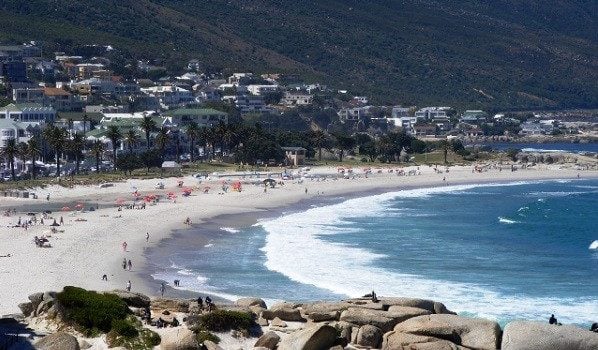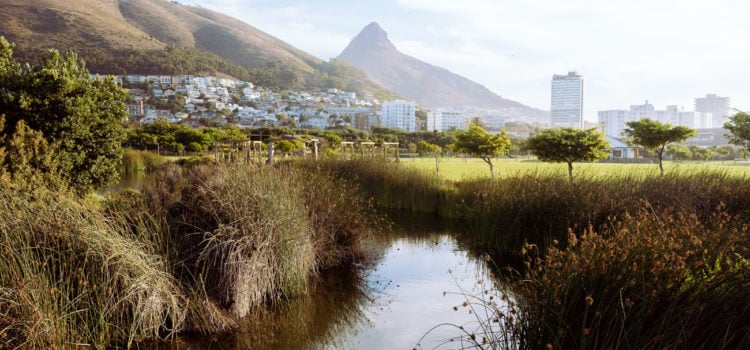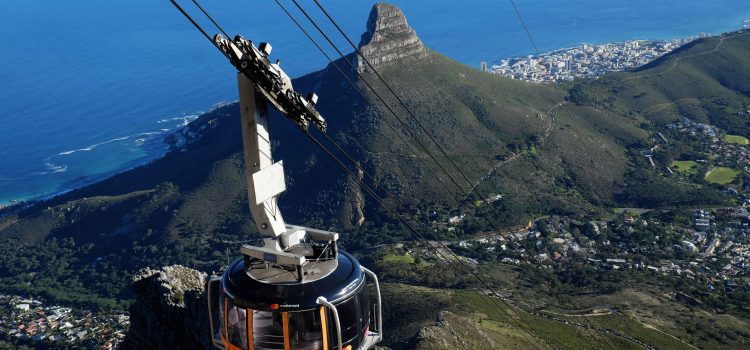Renewable sources such as wind, solar and hydro power create energy which can be harnessed from movement, heat or radiation. The energy can be converted into electricity and used to power homes, businesses and industries.
Wind
Wind power is generated by both small and large turbines which produce power. Turbines are connected to generators which convert the wind into usable electricity.
The technology used to generate electricity from wind is very well developed and there are increasing numbers of grid-connected wind farms appearing across the country. The City began exploring wind power in 2002 when it became involved in the Darling Wind Farm (DWF). The lessons learned from the Darling Wind Farm have formed our approach to renewable energy.
Hydro (water)
Hydroelectricity is produced using the gravitational force of falling or flowing water to power an electricity generator.
The Western Cape does not have a big enough body of water to produce the amount of electricity we’d need to meet all our power needs in Cape Town and surrounds. We do have small hydro generators on schemes like the Steenbras Dam pumped storage scheme. The hydroelectric generators have recently been put to work to successfully offset load-shedding in the City.
Biogas
Biogas is a gas produced by the natural biological decomposition of organic material in the absence of oxygen.
Biogas generated from decomposing organic compounds (biomass) such as plants, manure, household garbage and even sewage could provide a source of energy. It can be used as fuel for heating, lighting or in a generator to produce electricity. Cape Town landfills have the potential to generate electricity from biogas and we are investigating what this would mean, cost wise, for the City.
Our environmental and renewables sector
Environmental business may be relatively new but it is a steadily growing sector in Cape Town. The Western Cape provincial government has set itself the target of becoming the green economic hub of Africa, and Cape Town is the province’s centre for innovation and administration of environmental business. The primary growth of environmental business in Cape Town is in renewable energy.
Feeding electricity back to the grid
The City now allows electricity customers to feed power back into the grid, if they are small-scale embedded generators (e.g. with rooftop solar PV systems). The City will buy this extra electricity from you and you will then receive a credit offset on your electricity costs. Find out more about going solar and feeding electricity back into the grid.
There are important legal and safety requirements involved in the installation of rooftop solar PV systems. Learn more about PV systems on our Saving Electricity website and in our helpful Safe and Legal PV Installation Guide Pamphlet.




